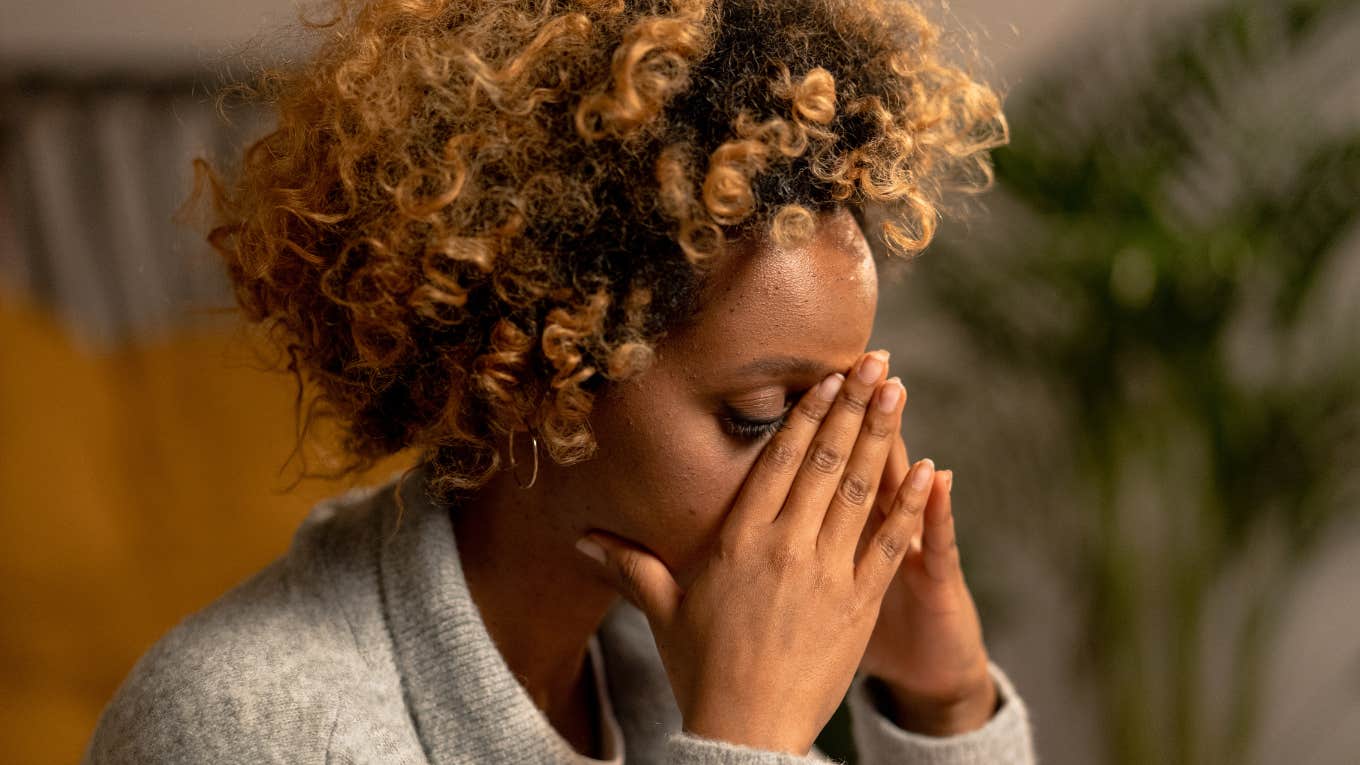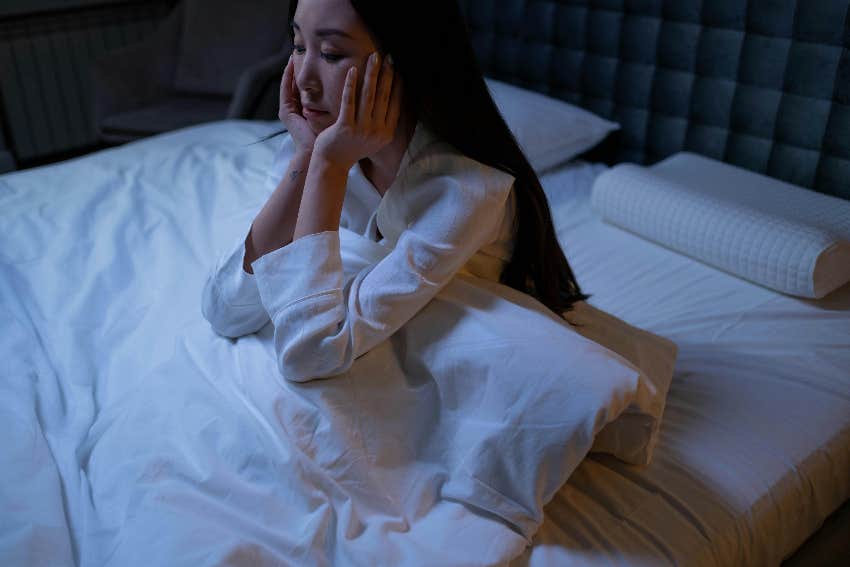5 Things People With Hidden Depression Do Way Differently
The less obvious signs someone you know is going through it.
 cottonbro studio | Canva
cottonbro studio | Canva It's one of those inner demons that people don't often notice or understand too well. Contrary to what most people think, depression isn't just a momentary sadness that you can simply snap out of if you think happy thoughts. The Mayo Clinic defines depression as "a mood disorder that causes a persistent feeling of sadness and loss of interest," depression is a serious condition that needs attention and proper treatment.
Do you feel that you may be going through concealed depression or that a friend is suffering from it? Here's how to help someone with depression by watching out for these five hidden signs.
Here are five things people with hidden depression do way differently:
1. They may lash out
Irritation and anger are two signs of depression. When we think about depression, it's often characterized by a dejected state of being — helpless, apathetic, melancholic.
But sometimes we mistake people with depression for simply having bad tempers. Often, this is how men express their depression.
While depression can affect anyone, regardless of gender, for men it's especially hard. Research from the American Journal of Men's Health confirms there's a stigma around male mental health, and how this can stop a lot of men from seeking treatment, sadly.
2. They may withdraw
 cottonbro studio / Pexels
cottonbro studio / Pexels
When someone becomes depressed, it's common for them to lose all interest in anything, particularly the things they once loved doing. Where they may have been a social butterfly, they are now withdrawn, sleeping late, and calling into work. Withdrawing is a sign of depression.
3. They may become somewhat flaky
When people become depressed, they'll make plans with you at times when they feel up for it, but when it's time for those plans to happen they may not want to follow through. Someone who suddenly begins flaking out on you could have concealed depression.
Writer and media critic Joanna Schroeder reflected on the now-obvious signs of her depression she attributed to the stressors of everyday life, advising others to not ignore these red flags as she did.
"Looking back, I can now see so many signs of depression that I just hadn't seen. I was too depressed to recognize them," Schroeder reflected, and one of them was indeed flakiness — on her own best friends.
"As the depression crept in, the idea of being with even my best friends became overwhelming," said Schroeder. "You know that feeling like you've had a horrible day at work and all you want to do is get into bed with Netflix? That's how I felt every single day. I even tried to avoid people if I saw them in the grocery store or at school drop-off.
4. They may be constantly exhausted
 cottonbro studio / Pexels
cottonbro studio / Pexels
When depression sets in, sleeping becomes more difficult. Sleep problems are sometimes a warning sign of deeper problems. On the other hand, sleeping far too much is also a sign of depression.
5. They may suddenly gain or drop a large amount of weight
People sometimes lose a lot of weight because they started eating better and exercising, so be careful trying to associate it with depression. If they're losing or gaining weight because you think they've stopped eating or started eating too much to cope, it may be a sign your friend has depression.
Being depressed doesn't have to be a life sentence, there are healthy ways to make you feel better. According to mental health counselor Miki Anderson's advice on what to do at the first twinge of depression, some of those proactive measures include talking about your feelings with a friend and practicing self-care.
"Remember that depression is a treatable condition, and you don't have to go through it alone," Anderson advised. "It's vital to reach out for professional help when needed. And to build a support network around you. Your mental health is a priority, and seeking assistance is a sign of strength, not weakness."
If you or somebody that you know is experiencing a mental health crisis, there is a way to get help. Call SAMHSA’s National Helpline at 1-800-662-HELP (4357) or text "HELLO" to 741741 to be connected with the Crisis Text Line.
Higher Perspective seeks to bring together like-minded individuals focused on personal growth and expanding their consciousness. We can be better to our planet, better to our brothers and sisters, and better to ourselves.

